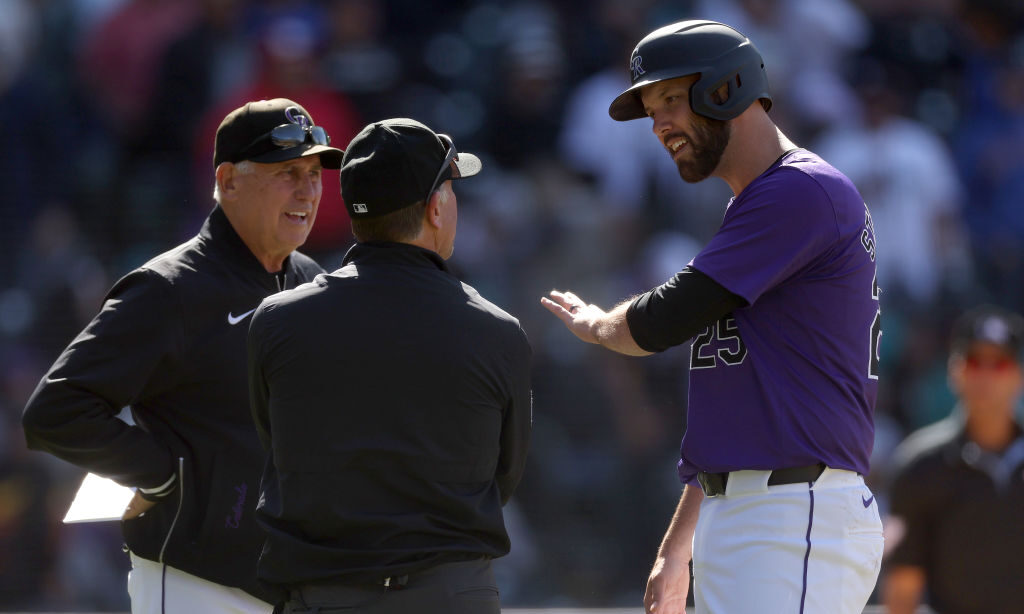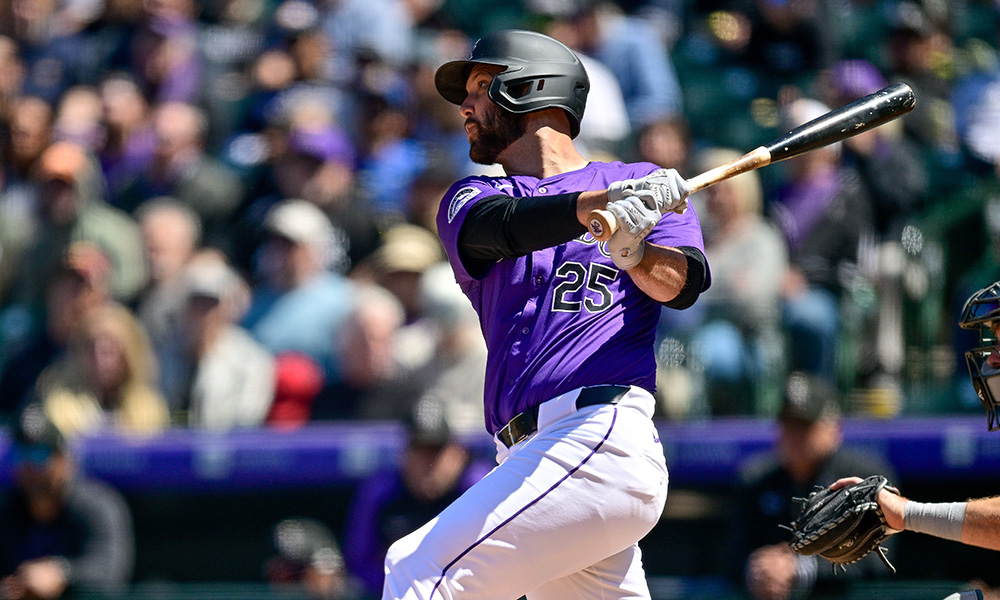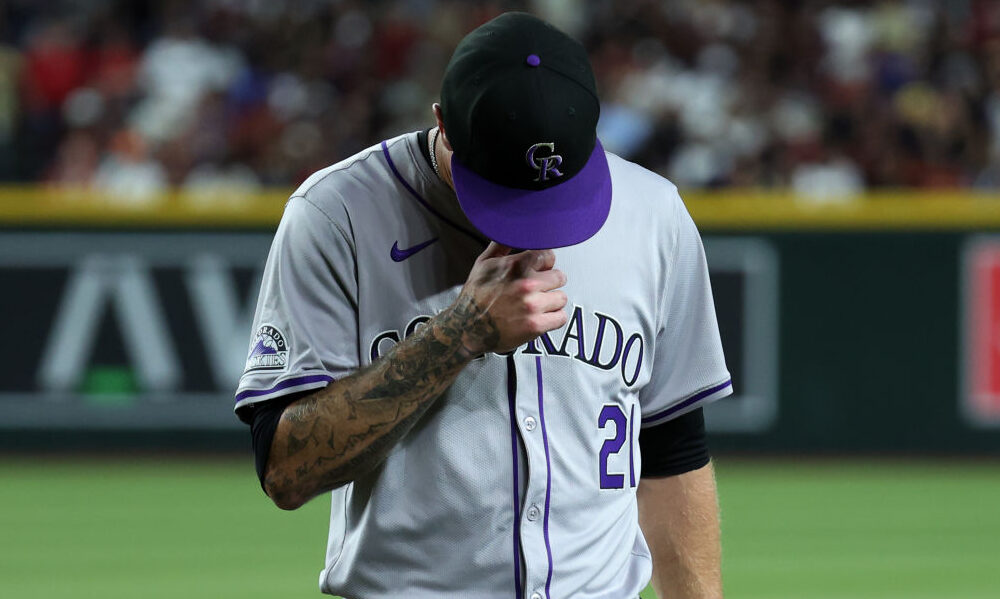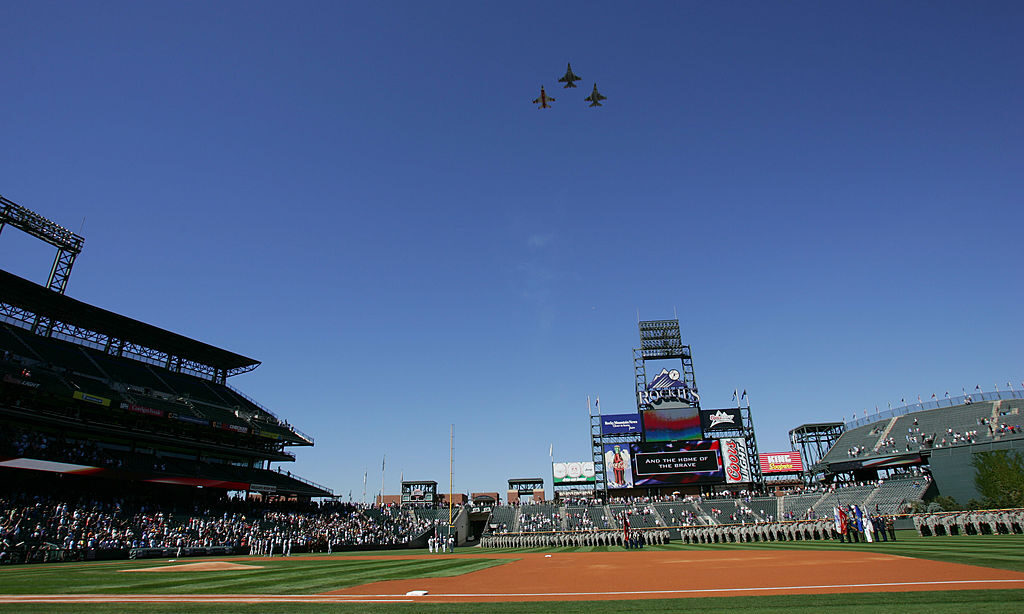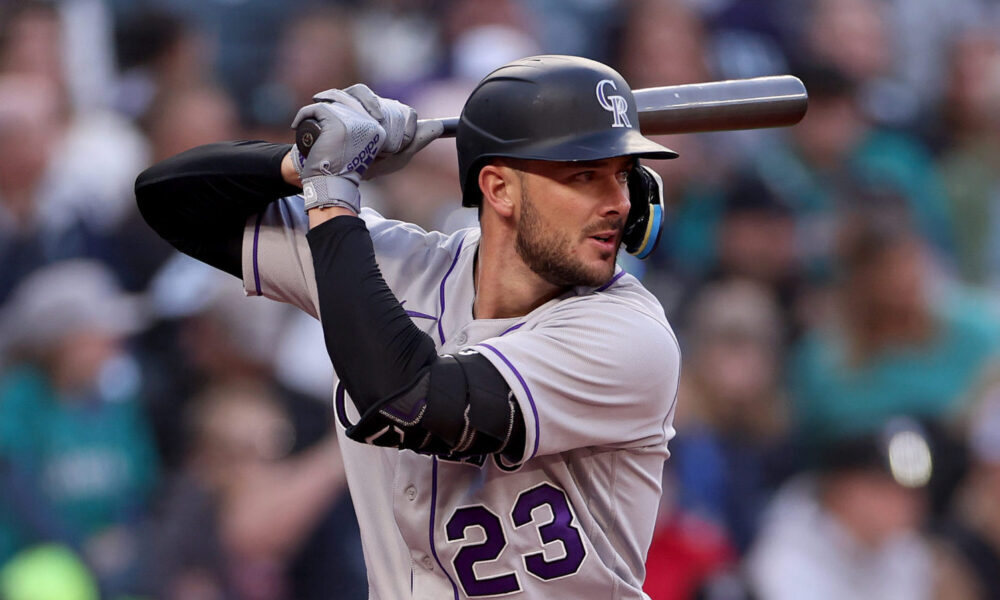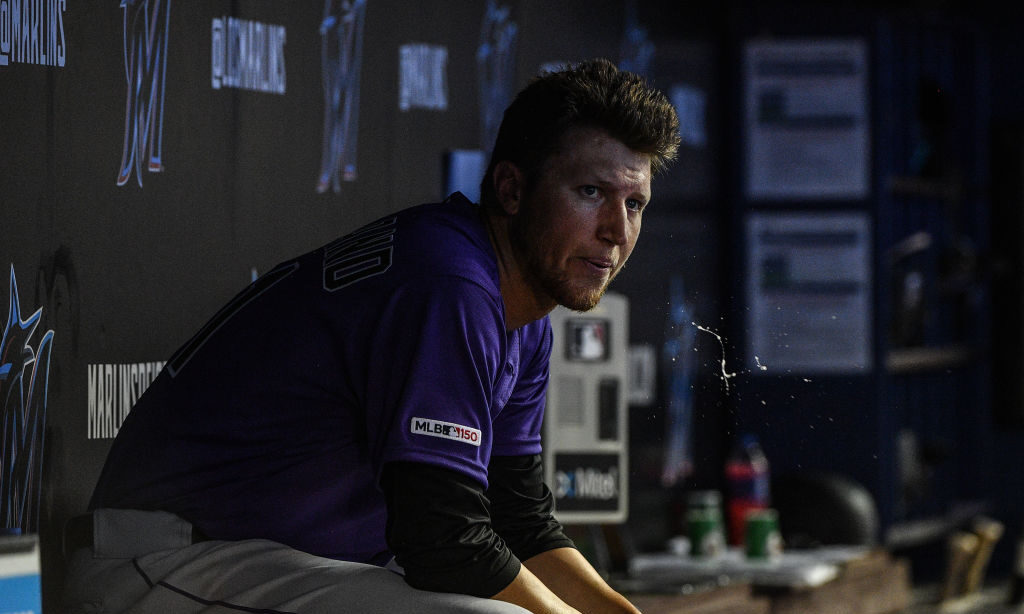The math says that MLB owners are right in the squabble with the players
Jun 8, 2020, 6:32 AM
Almost no one feels sorry for a billionaire, even when they’re in a dispute with a bunch of millionaires. So in pro sports, when the owners spar with the players, most people side with the guys who step onto the court, field or ice over those who sit in luxury boxes during games.
That’ll most likely be the case in the latest battle about how to divide up a truck full of cash. As leagues roll out their plans for returning to play, there’s one that can’t seem to get its act together: Major League Baseball.
The NBA will be back in action on July 31. The NHL should resume play right around that same date. And the NFL is all systems go for the 2020 season. They’ve all figured out how to maneuver through trying times, with the owners and players agreeing on plans for either returning to play or navigating through the offseason.
But baseball still doesn’t have a plan in place. Why? Because the guys writing the checks and the ones cashing them can’t agree on how to divvy up the dollars in an abbreviated season.
The players have proposed a simple system. They want to be paid on a prorated basis. If they play 70 percent of the games scheduled for 2020, which is their proposal, they’d get paid 70 percent of their salary.
On the surface, that sounds fair. If you work less, you get paid less, but it’s proportional to how much less work is done.
It certainly seems a lot more equitable than what the owners proposed, which included hefty pay cuts across the board, especially for the highest-paid players, and a much shorter season. They claim that they’ll be losing money every time they play a game this season, given that no one will be in attendance, so they’re trying to mitigate those losses as much as possible.
This might sound like a bunch of poppycock; it comes across as just another rich sports owner claiming that he’s not making money, even though the value of franchises continues to skyrocket. But there’s some substance to the argument.
By and large, Major League Baseball teams make their money from the fans who attend games. Ticket sales, parking, concessions and all of the other dollars spent at the ballpark are the lion’s share of their revenue.
This is different from other sports, particularly the NFL and NBA. There, huge national TV contracts provide those leagues with their biggest chunks of income. As a result, they can still turn a profit if no one is in attendance; they just need to put a product on the air.
That’s why baseball has yet to come up with a plan. The owners aren’t going to agree to a return to the field if it means they’re going to lose millions of dollars. Nor should they. And that’s the message players need to understand.
Would it be a bummer for Nolan Arenado to not earn his full $35 million this season? I’m sure it would definitely feel like dollars that were lost and can never be made up.
Being asked to play 50 percent of the games, for significantly less than 50 percent of that scheduled salary, is also probably a tough pill to swallow. But Arenado, as well as the other players in the league, need to understand that making pennies on the dollar is better than the alternative. Because if they don’t agree to help mitigate some of the owner’s losses, they’re isn’t going to be a season at all.
That might sound like a bluff. It might feel like the kind of hyperbole that the big companies always use as a negotiating ploy. But this time around, it’s neither of those things. It’s the honest truth. A simple look at the numbers makes it perfectly clear.
According to Forbes, the Rockies generated $305 million in revenue last season. It’s estimated that $20 million comes from their local television deal with AT&T SportsNet, while another $90 million reported comes to them from the league’s national TV contract, the MLB Network, MiLB and other broadcasting agreements. That means that $195 million, or 64 percent of all revenues, is generated locally.
That includes ticket sales, which Forbes estimates at $80 million for the Rockies, parking, concessions, sponsorship sales and other things associated with the ballpark. If there are no fans in the stands for games, almost all of that goes away.
In that scenario, the Rockies revenues drop from $305 million to $110 million. And if the entire season isn’t played, that figure drops even lower. The players proposed playing 70 percent of the games, which would mean the Rockies would get roughly $77 million of their television money.
That sounds pretty good. But it’s not nearly enough to pay the bills.
Colorado’s 2020 payroll is around $151 million. If they paid the players a 70 percent prorated portion of that, it would drop to a little more than $106 million.
That means that the Rockies would be losing nearly $30 million on just players’ salaries. That’s before they pay the manager, the coaching staff, everyone in the front office and others who work for the team. They also have to cover the costs associated with playing the games, including travel, per diem and other expenditures. Thus, it’s not outside the realm of possibility that the Rockies would lose $50 million if they played the 2020 season under the proposal put forth by the Major League Baseball Players Association.
To put it bluntly, that’s not happening. Nor should it. If that’s the best deal to be had, the Monforts should simply say, “See you next March at spring training.”
They would be much better off to play no games, which would result in a slight operating loss, and try again next season. That would be the best business decision.
That’s what the players need to understand. It’s not reasonable to expect the Monforts, or any other owner, to accept a $50 million loss just so the 2020 season can be played.
If the players don’t come to that realization, they’re going to end up making nothing. And as difficult as a pay cut would be to accept, losing an entire year’s worth of income would be a much harder reality to stomach.

